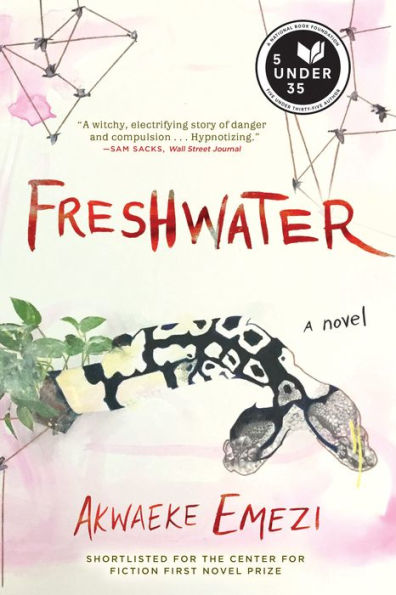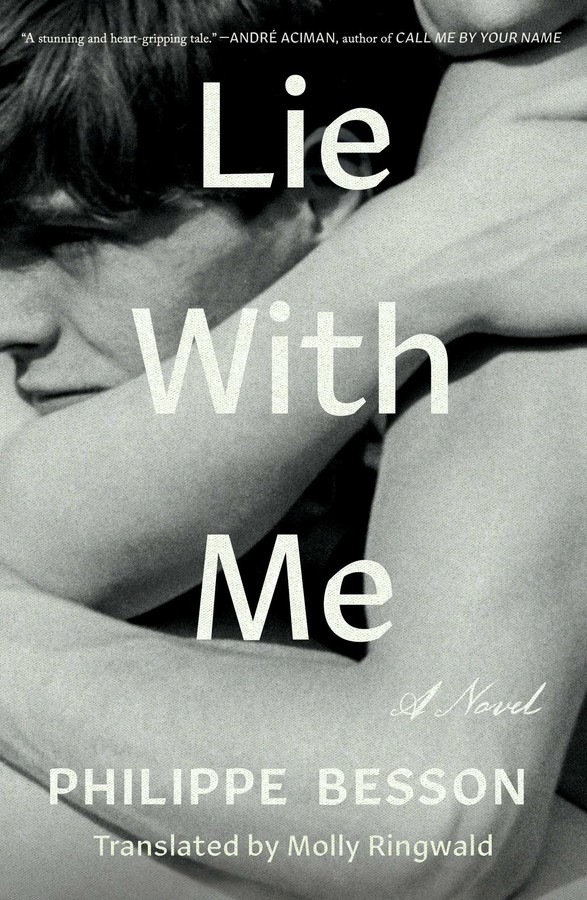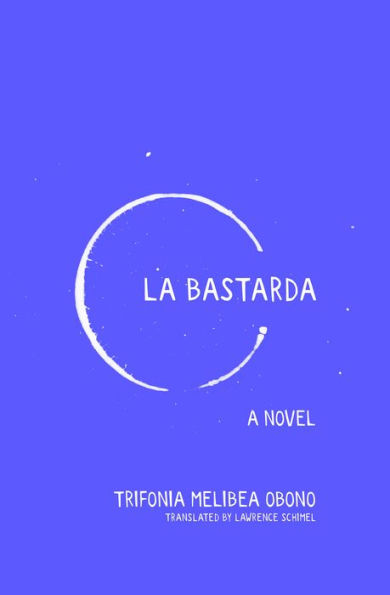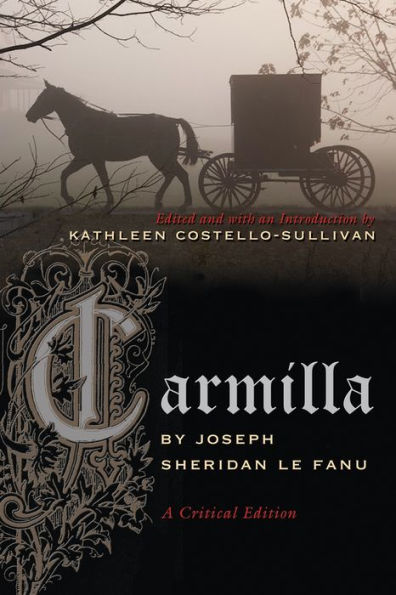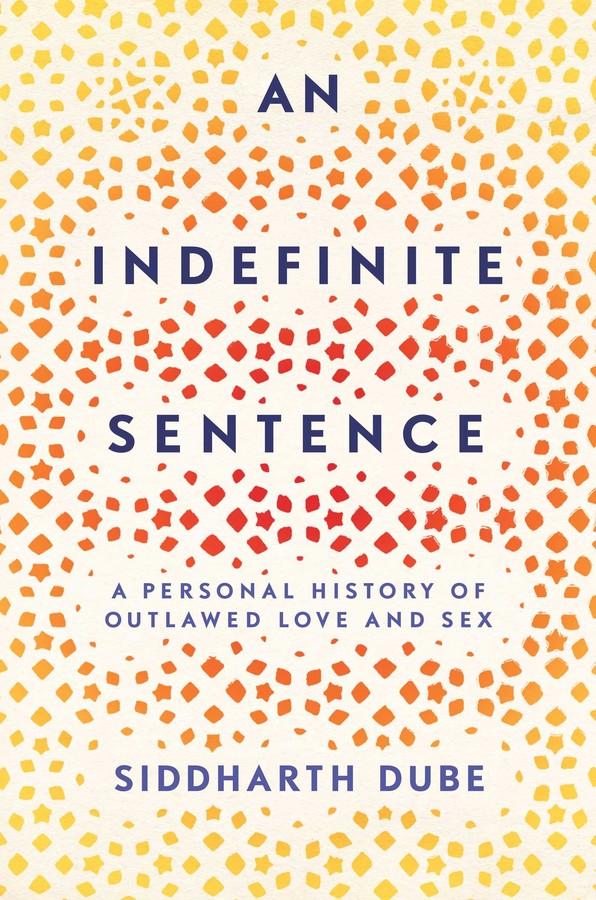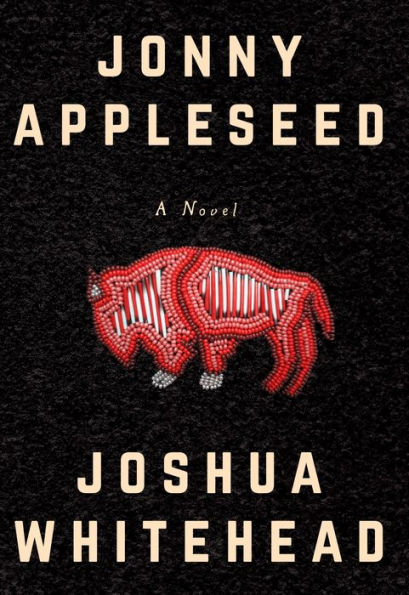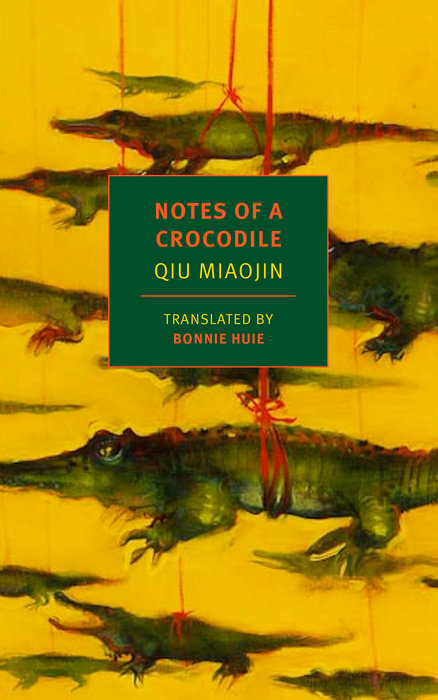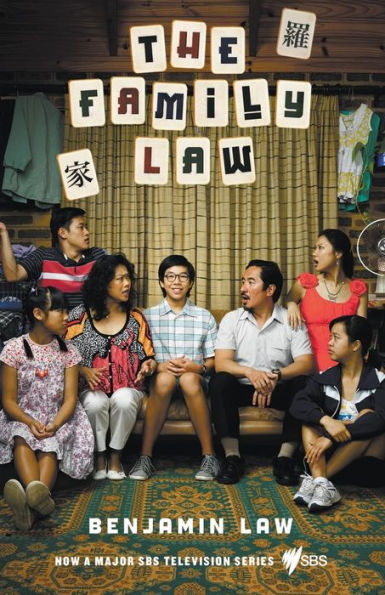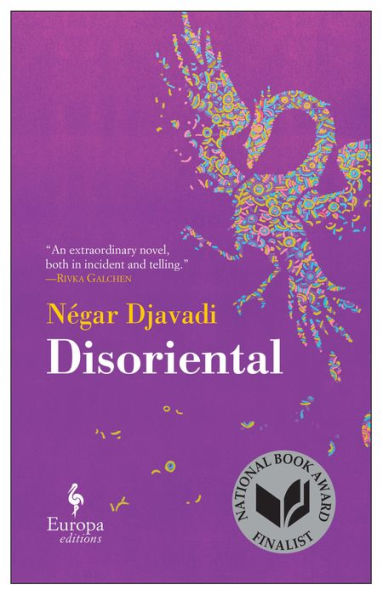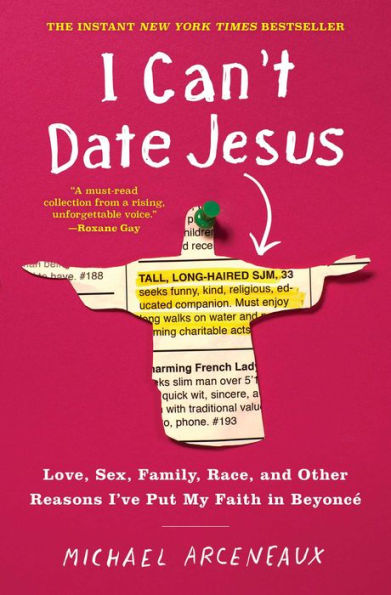This summer, New York City is hosting WorldPride—an international celebration of LGBTQIA+ individuals and allies from around the globe. This year also marks the 50th anniversary of the Stonewall Uprising, an event which sparked the modern fight for queer liberation. As this fight for rights continues all over the world, let’s use WorldPride as a reminder to expand our queer reading list to include more international LGBTQIA+ narratives, including works in translation.

11 International LGBTQIA+ Books to Read During Pride Month
Because she was born “with one foot on the other side,” a young Nigerian woman named Ada grows up with several fractured selves who serve as the novel’s narrators. After a traumatic event at her American college, Ada’s many selves merge into two warring voices who begin to take over her consciousness, leading her in a dangerous downward spiral. This semi-autobiographical debut from Akwaeke Emezi—a nonbinary author of Igbo and Tamil descent—deftly explores concepts of self, gender binaries, spirituality, and mental health.
An award-winner and bestseller in France, LIE WITH ME presents a tender love story between two teenage boys in 1984 Bordeaux. Elle magazine called it “the French Brokeback Mountain;” the story is also reminiscent of the sultry, passionate CALL ME BY YOUR NAME. If you aren’t already sold by those comparisons alone, it’s worth noting that this novel was expertly translated into English by the one and only Molly Ringwald (yes, that Molly Ringwald of ‘80s movies fame).
THE #1 FRENCH BESTSELLER
“Stunning and heart-gripping.” —André Aciman, author of Call Me By Your Name
The award-winning, bestselling French novel by Philippe Besson—“the French Brokeback Mountain” (Elle)—about an affair between two teenage boys in 1984 France, translated with subtle beauty and haunting lyricism by the iconic and internationally acclaimed actress/writer Molly Ringwald.
We drive at high speed along back roads, through woods, vineyards, and oat fields. The bike smells like gasoline and makes a lot of noise, and sometimes I’m frightened when the wheels slip on the gravel on the dirt road, but the only thing that matters is that I’m holding on to him, that I’m holding on to him outside.
Just outside a hotel in Bordeaux, Philippe chances upon a young man who bears a striking resemblance to his first love. What follows is a look back at the relationship he’s never forgotten, a hidden affair with a gorgeous boy named Thomas during their last year of high school. Without ever acknowledging they know each other in the halls, they steal time to meet in secret, carrying on a passionate, world-altering affair.
Dazzlingly rendered in English by Ringwald in her first-ever translation, Besson’s powerfully moving coming-of-age story captures the eroticism and tenderness of first love—and the heartbreaking passage of time.
A coming-of-age novella set in Central Africa, LA BASTARDA follows the orphaned Okomo as she befriends a group of girls her grandmother calls “indecent and mysterious.” When Okomo falls for one of the girls, she must choose between conforming to the strict Fang culture and joining the group—and her gay uncle—as an outcast. As the first novel by a woman from Equatorial Guinea to be translated into English, LA BASTARDA is an important new work of both queer and African lit.
While grieving the loss of her grandmother, a young Japanese woman named Mikage is welcomed into the home of her friend Yuichi and his mother, Eriko, a transgender woman who runs a local gay bar. Alongside her new makeshift family, Mikage tries to regain her zest for life through the kitchen—but then tragedy strikes again. As a warning for those who wish to steer clear of queer suffering, this 1988 Japanese novel does not shy away from the disproportionate dangers faced by transgender individuals the world over; however, it does offer a compassionate, well-rounded portrait of Eriko as a loving single mother and successful business owner.
You’ve heard of Dracula, but did you know that Bram Stoker’s famous tale was predated by 25 years by a novella about lesbian vampires? In 1872, Irish author Joseph Sheridan Le Fanu published the story of an Austrian teen charmed by the mysterious Carmilla.
Combining the personal with the political, Siddharth Dube’s memoir offers sharp analysis on an important era of queer history. Having come of age in 1960s India, Dube writes with a global perspective on the AIDS crisis and Britain’s colonial legacy of criminalizing homosexual relationships and sex work. AN INDEFINITE SENTENCE chronicles the outward fight for LGBTQIA+ rights the world over, while also delving into one man’s inward struggle to come to terms with his identity in a nation that banned his sexuality.
A revelatory memoir about sex, oppression, and the universal struggle for justice.
From his time as a child in 1960s India, Siddharth Dube knew that he was different. Reckoning with his femininity and sexuality—and his intellect—would send him on a lifelong journey of discovery: from Harvard classrooms to unsafe cruising sites; from ivory-tower think-tanks to shantytowns; from halls of power at the UN and World Bank to jail cells where sexual outcasts are brutalized.
Coming of age in the earliest days of AIDS, Dube was at the frontlines when that disease made rights for gay men and for sex workers a matter of basic survival, pushing to decriminalize same-sex relations and sex work in India, both similarly outlawed under laws dating back to British colonial rule. He became a trenchant critic of the United States’ imposition of its cruel anti-prostitution policies on developing countries—an effort legitimized by leading American feminists and would-be do-gooders—warning that this was a 21st century replay of the moralistic Victorian-era campaigns that had spawned endless persecution of countless women, men, and trans individuals the world over.
Profound, ferocious, and luminously written, An Indefinite Sentence is both a personal and political journey, weaving Dube’s own quest for love and self-respect with unforgettable portrayals of the struggles of some of the world’s most oppressed people, those reviled and cast out for their sexuality. Informed by a lifetime of scholarship and introspection, it is essential reading on the global debates over sexuality, gender expression, and of securing human rights and social justice in a world distorted by inequality and right-wing ascendancy.
Though you likely associate this name with a certain American pioneer, the Jonny Appleseed of this story is someone quite different—a Two-Spirit/Indigiqueer cybersex worker in Winnipeg who travels home to the rez for his stepfather’s funeral. Joshua Whitehead writes Jonny from an own-voices perspective, exploring what it means to be Indigenous, queer, and Two-Spirit. For those who may not know the last term, Whitehead has explained that for him it describes “a celebration of the fluidity of gender, sex, sexuality, and identities, one that is firmly grounded within Nêhiyawêwin (the Cree language) and Nêhiyaw worldviews.” If you’ve never read anything by a Two-Spirit author, Whitehead’s debut novel is a glittering place to start, though it certainly holds its own as an important contemporary work beyond such categorization.
NOTES OF A CROCODILE follows Lazi and her friends, a group of queer college students living in 1980s Taiwan. Written in a series of vignettes, letters, diary entries, etc., the novel counterbalances the high drama of young love and student life with satire about an invasion of harmless crocodiles—a metaphor for being an LGBTQIA+ individual in a repressive culture. First published in 1994, this classic/cult favorite of contemporary Chinese literature was at long last translated into English in 2017.
In this comedic memoir, Asian-Australian writer Benjamin Law describes growing up and coming out in Queensland. The middle child of parents who immigrated from Hong Kong and Malaysia, Law got plenty of material from his family for his essays about life at the intersection of cultures and sexualities. Like David Sedaris? Then you need to read Benjamin Law.
In DISORIENTAL, a young French-Iranian woman tries to make sense of her present through the lens of her past. Having immigrated to France with her family at age ten, Kimiâ often feels disoriented, split between cultures and identities; as a woman who loves other women, this feeling of disorientation extends to her sexuality. The fragmented structure of the novel reflects this as it braids together Iranian history with Kimiâ’s family memories and scenes from the life she is building for herself in Europe.
We’ll conclude our world tour by bringing it home to an author born and raised in Houston, Texas. In this essay collection, Michael Arceneaux discusses coming into his own as a black gay man in a world that is hostile to both of these identities. In the tradition of Phoebe Robinson’s YOU CAN’T TOUCH MY HAIR, Arceneaux writes about weighty issues with astounding humor, offering insight on topics as wide ranging as race and religion, sex and politics, family and Queen B. In this clip of the audiobook, he discusses his complex relationship with Christianity, starting out by admitting: "I hadn't been to church in five Beyoncé albums.”
MENTIONED IN:

